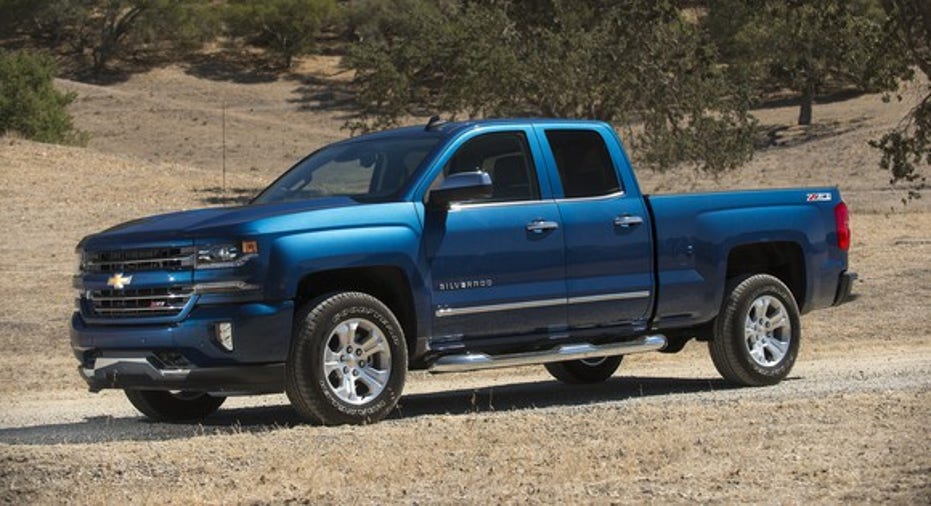Discounts are Rising, but Auto Sales Are Probably Stuck

Discounts are rising -- but U.S. auto sales probably aren't.
That's likely to be the story when the automakers release their February U.S. sales results on Wednesday, according to new estimates from J.D. Power. And at least at first glance, the estimates don't bode well for profits at the automakers with the biggest shares of the U.S. market, namely Ford Motor Company (NYSE: F) and General Motors (NYSE: GM).
Incentives are rising but sales look roughly flat
The February forecast, developed jointly by J.D. Power and analysts at LMC Automotive, calls for U.S. light-vehicle sales in February to rise just 0.6% from February 2016. ("Light vehicles" is the industry term for cars, pickup trucks, and SUVs.)
That roughly flat year-over-year result is despite spending on incentives, or automaker-funded discounts and cheap financing, that totaled $3,748 per vehicle in the first 12 days of the month -- the highest level ever recorded for the month of February.
Incentives on General Motors' Chevrolet Silverado were up sharply in February from a year ago. Image source: General Motors.
Some of the increase over time is simply because the average new vehicle is more expensive. The report noted that the average transaction price over that same period was $31,483. That's also a record.
But when those incentives are looked at as a percentage of the average transaction price, we see that it's 10.3%. That's the first time the percentage has exceeded 10% in February since February 2009, when the new-car market was in very tough shape.
This time around, discounts aren't rising because the market is in tough shape. Here's how LMC's senior vice president of forecasting, Jeff Schuster, sees it:
So why are incentives trending up now?
Trying to create sales growth in a flat market
What's happening is that while the overall level of sales is very high, it's not meaningfully higher than it was a year ago. That means the market is no longer driving sales growth. In order to generate sales growth, automakers need to take sales from rivals. Discounts are one way to do that.
Not all automakers want to boost their discounts. Some, including Ford, have made it very clear that they will resist the temptation to boost incentives. Instead, Ford, GM, and some others say they are determined to match their production to demand as it rises or falls. The hope is to avoid a situation in which inventories are rising and the companies have to resort to discounts to move a surplus of vehicles.
But when some automakers decide to discount in order to generate sales growth, that puts pressure on the others. We'll find out on Wednesday who felt that pressure the most.
10 stocks we like better thanWal-MartWhen investing geniuses David and TomGardner have a stock tip, it can pay to listen. After all, the newsletter theyhave run for over a decade, the Motley Fool Stock Advisor, has tripled the market.*
David and Tomjust revealed what they believe are theten best stocksfor investors to buy right now... and Wal-Mart wasn't one of them! That's right -- theythink these 10 stocks are even better buys.
Click hereto learn about these picks!
*StockAdvisor returns as of December 12, 2016The author(s) may have a position in any stocks mentioned.
John Rosevear owns shares of Ford and General Motors. The Motley Fool owns shares of and recommends Ford. The Motley Fool recommends General Motors. The Motley Fool has a disclosure policy.



















